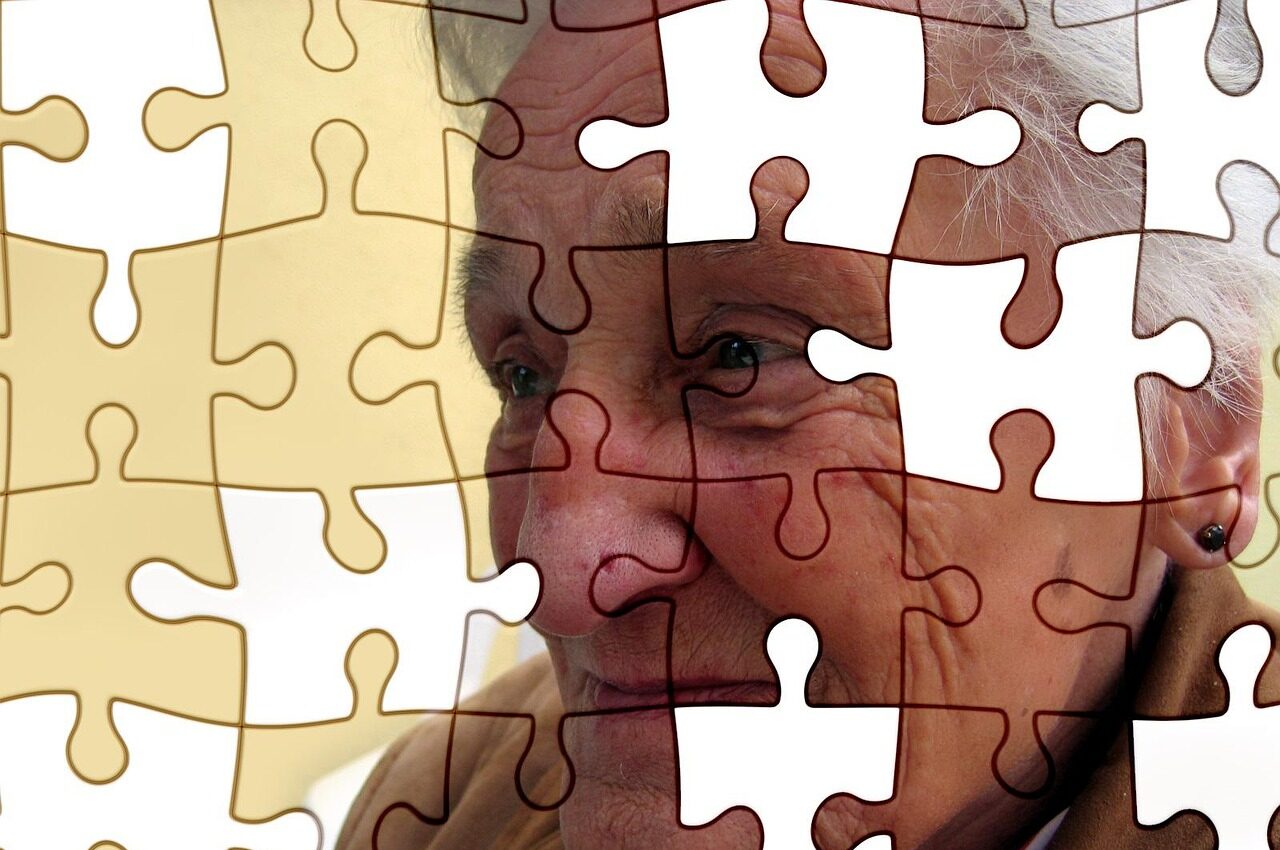Dementia is a devastating illness, affecting not only the person struggling with it, but also the friends and relatives around them. Over the course of several years, dementia causes a person to lose their cognitive abilities, making it harder for them to remember things accurately, speak articulately, and engage with other people in meaningful ways.
How can you emotionally support a relative who has dementia? Here are some of the best strategies you can use:
- Help them understand (early). Early in the progression of dementia, it’s both possible and valuable to help the patient understand what the disease is, how it works, and how it might affect them. After a few years of progression, you may no longer have this opportunity. Learn everything you can about dementia so you can relay accurate information and work with them appropriately.
- Consider becoming a home caregiver. If you live near an aging relative who’s struggling with dementia, you can provide care to them as a home caregiver – and in some cases, you can even get paid for doing so. This is beneficial for both you and your aging relative. Your relative gets to stay in a familiar environment that’s filled with memories, and you get more opportunities to be with them.
- Validate their feelings. Whenever possible, validate the feelings that this person expresses – even if those feelings are rooted in an inaccurate belief. For example, if this person expresses fear over something nonsensical, acknowledge that they’re feeling afraid. Then you can reassure them that they aren’t alone and that everything’s going to be okay.
- Avoid arguing. Along similar lines, it’s important to avoid arguing. If a person with dementia misremembers something or expresses a perception that doesn’t align with reality, you may be tempted to persuade them that they’re wrong – but this usually does more harm than good. Your goal is to preserve a peaceful and positive environment.
- Socialize regularly. Dementia advances faster in people who are socially isolated, so make sure to give this person plenty of opportunities to socialize with others. Talk to them as much as possible and encourage their other friends and relatives to stop by.
- Stimulate fond memories. Stimulating memories is powerful for several reasons. It helps to preserve memories, it brings up good feelings, and it’s a form of connecting with others who are with them currently. Try to evoke more fond memories of the past by asking questions, playing old music, and engaging in childhood activities.
- Stick to a routine as much as possible. Most dementia patients do better with a consistent, predictable routine. While occasional surprises are fine, it’s a good idea to stick to a schedule whenever possible.
- Provide physical touch. Physical touch is a powerful way to emotionally connect with a dementia patient, especially if they’re finding it harder to express themselves or handle daily activities. Simple actions, like holding hands or giving hugs, can be incredibly powerful.
- Get active. Physical exercise is another way to emotionally connect with a dementia patient and keep them healthy at the same time. This exercise doesn’t have to be intense; in fact, a simple walk around the block can have a measurable impact on a person’s well-being, especially when done regularly.
- Be creative together. Art therapy and other forms of creative exercises can be useful for any patient with dementia, giving them an opportunity to creatively express themselves even when words fail them.
Caring for Yourself
Remember to take care of yourself. It’s valuable and beneficial to provide emotional support and care to a person struggling with dementia, but if you neglect your own well-being in the process, it can become a significant drain.
- Take breaks and time for yourself. Take breaks, vacations, and time for yourself. No matter how much you want to be around this relative, it’s important for your physical and mental health to practice self-care on your own.
- Relieve stress. Caring for someone with dementia is incredibly stressful, especially if you know them well, and especially in the later stages of this illness’s progression. Don’t underestimate how hard and stressful this is; create a plan to manage and control your stress.
- Talk to others. Talk to others about what you’re experiencing and how you’re feeling. Consider joining a support group for people caring for patients with dementia.
Providing better emotional support and care to people with dementia can significantly slow the progression of the disease while increasing their quality of life. As you can see, even the smallest and least intensive strategies can make a big difference.
—
This content is made possible by Larry Alton.
Photo by Vladimir Soares on Unsplash
The post How to Emotionally Support a Relative With Dementia appeared first on The Good Men Project.
Original Article










